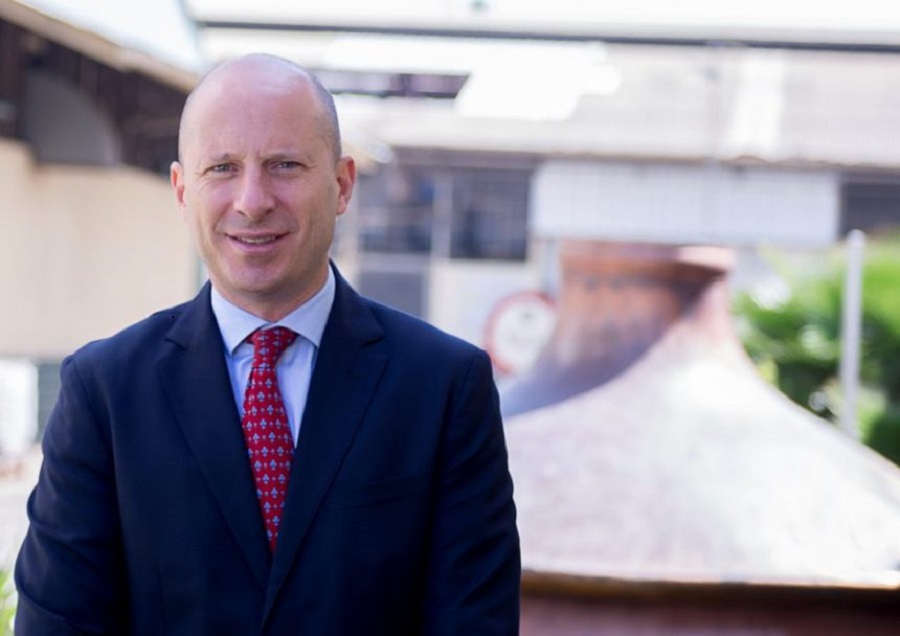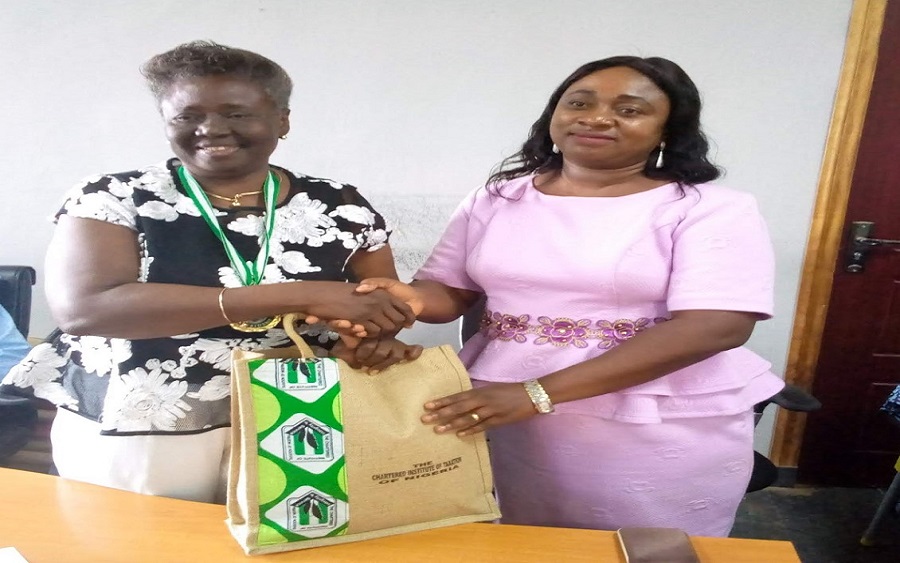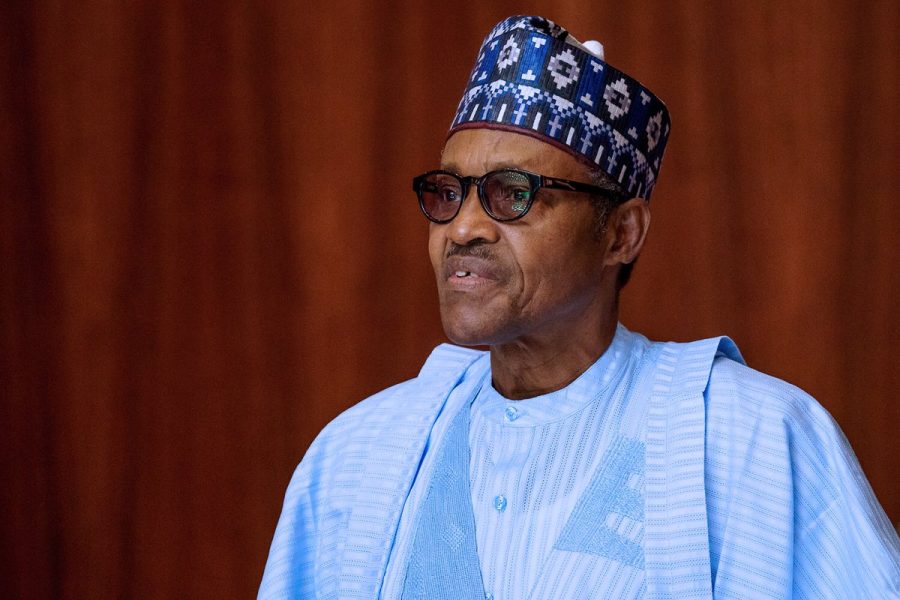On Friday, October 11th, 2019, Nairametrics had an interesting tweet chat with Feyi Faweyinmi, a UK-based accountant and finance professional whose experiences cut across banking, insurance, and asset management. Feyi, who goes by the well-followed Twitter handle, @DoubleEph is also a public commentator on the Nigerian Economy and often a critic of the Buhari Administration.
We asked him various questions bothering on the economy, Nigeria’s 2020 national budget, his perception of President Muhammadu Buhari’s economic agenda and more. In this article, we have carefully curated the conversation we had with him and hereby present it to you for your reading pleasure.
Nairametrics: You’re welcome Mr. Feyi. Can you give us a brief background of yourself and what you do?
Feyi Faweyinmi: I’m an accountant (qualified about 13yrs ago) and I’ve spent most of my career working in financial services in the UK mainly in banking, insurance, and asset management. I also write blogs and newspaper articles mainly on Nigeria. Whatever time I have left, I waste it on Twitter.
I’m married and I have 2 sons. I also have a camera with which I like to take photos now and again. I enjoy reading, too.
[READ MORE: Finance Minister, Zainab Ahmed says Nigeria’s VAT collection rate is low]
Nairametrics: President Buhari recently proposed his 2020 budget tagged the budget of ‘Sustaining growth and job creation’. What is your view of the budget acronym, its intent and potential impact on the economy?
Feyi Faweyinmi: It has no connection to reality. It’s like me declaring myself the brother of Will Smith. The budget is the same as previous ones – simply the mechanism by which salaries are paid. Everything else (apart from salaries) inside it is just fiction.
Nairametrics: But this budget is based on some very optimistic parameters. Are there any positives you can see in this budget?
Feyi Faweyinmi: Maybe we can say the Capex is now more ‘realistic’ as the numbers have come down compared to the 2019 budget. The Capex budget for last year was meaningless as the actual implementation was so far from what was budgeted. So reducing it makes some sense.
Nairametrics: What is your take on the proposed VAT and what are the likely impacts, if it is implemented?
Feyi Faweyinmi: I think the public finances are so bad that there are no good options. In that sense, the VAT increase was probably the best option for the government to take and I think it makes sense (although it’s the states, not the FG, who will benefit from it the most).
However, the government then increased the threshold to pay the VAT to N25m and exempted new industries that were not previously exempted. To me, this defeats the whole purpose of raising revenues as I don’t think the increase will bring in much money with exemptions added. If the government wanted to do it like that, then it was pointless to waste political capital on a tax increase that doesn’t bring in much revenue. It could simply have left it at 5% and then widened the net maybe by removing some exemptions.
Nairametrics: The President recently criticized statistics from foreign bodies like IMF, World Bank, about Nigeria describing them as ‘wild estimates’ and that they ‘bear little relation to the facts on ground. Does the President have any justification to make such an allegation and how do statements like this affect investments into Nigeria?
Feyi Faweyinmi: It seems he’s looking for a particular set of statistics. The NBS has gained a lot of credibility over the last few years that no one is afraid to use their figures anymore. The FG itself uses their numbers so I’m really not sure what the president is complaining about.
He also spoke about the ‘reality on the ground’ and I know he hasn’t done a tour of the country to see things for himself so it can only be that this is what his advisers are telling him. That’s a shame!
Nairametrics: You have been a constant critic of the Buhari Administration and its policies, is there anything positive you see in this government?
Feyi Faweyinmi: I actually think they’re not that dishonest as a govt. They’re just a lot more ideological (especially about economic policies) and are slaves to some very terrible economic ideas. I don’t like Buhari but not because I think he’s a bad person. He has some useful qualities. For example, he keeps a small circle which can be a good thing if the right people are in that small circle. I also don’t think he’s personally motivated by money to the point where you can say he only did something because of his personal gain in it.
These things can be quite good qualities in a leader if you add intellectual curiosity and energy to it. But Buhari doesn’t have those things. Finally, I think APC has some smart people who can think. But the big problem is that they have been locked inside Buhari’s intellectual prison. So there’s nothing much anyone can achieve working under him. As far as I’m concerned, Nigeria will start the work of repair only when he leaves office in 2023 (or 2027 if he gets the 3rd term).
Nairametrics: The president recently inaugurated his Economic Advisory Council made up of people that are known to have criticized his policies. Do you have any hope that their policy recommendations will be accepted and implemented by this government, even if it goes against their ideals?
Feyi Faweyinmi: It’s going to be an interesting dynamic. For political reasons they might be forced to take the advice since they will want to prove a point about being better than the EMT which they effectively replaced. Also, the people on the EAC are definitely not puppets. We’ll see…
Nairametrics: You are known to be a full supporter of free markets. However, we have seen the world lean towards protectionism and trade barriers. How do you think Nigeria can compete in a world where it has little to show except for oil and its population?
Feyi Faweyinmi: Firstly, I don’t like using the term ‘free markets’ anymore. I prefer using a ‘market economy’ or just ‘markets’. Because when people hear ‘free’ they start thinking you’re talking of a lawless jungle and they stop listening to you. In terms of the world economy…
We can agree there was a time when the consensus was for trade and markets right? Why didn’t Nigeria join it at that time? But now that people who have done A are now moving to B, some policymakers in Nigeria are now using this as some kind of ‘excuse’ to join the world. Hmmm…
It just seems that Nigeria doesn’t really want to trade so it stands in one place waiting for the cycle to turn around and then jumps on it. Economies got richer and better when trade was freer, whatever else is happening now. That’s that!
Nairametrics: There have been charter around a possible devaluation of the naira. Do you think this is possible next year and what are the likely triggers?
Feyi Faweyinmi: The reserves have started coming under pressure again. Oil prices have refused to go up. Saudi oil facilities were badly damaged recently and the wicked Saudis fixed it so quickly that Nigeria didn’t even enjoy the higher prices for more than 2 weeks.
But the key trigger is that the CBN is effectively borrowing money from foreign investors at 14% and lending it to the FG at 0% and then “chesting” the difference. The CBN’s balance sheet is now ‘full’ and there is no room to hide anything again.
So to quote an ancient Warri philosopher – the maturity of the jungle is now imminent. It is incredible that the FX rate has remained fixed for almost 3yrs now. You can’t find this kind of thing in any other country.
Nairametrics: Very insightful!
Now, most Nigerians are bracing up for a tough 2020. There could be an increase in VAT, electricity tariffs, and maybe subsidy removal. What advice will you give ordinary Nigerians on how to survive tough economic reforms?
Feyi Faweyinmi: That’s a really tough question. I wish I had a good answer. Many times with a storm, your only option is to ride it out. Cut back on spending where possible and find a way to sell something to people who don’t live in Nigeria (I know that’s easier said than done).
Nairametrics: You have been a constant critic of this administration and understandably so. However, what would you advise the government of the day to do differently, to improve our current economic state?
Feyi Faweyinmi: To focus on policies that take the responsibility of investing in the economy away from government to the private sector. They seem to think they can do everything. The Nigerian economy badly needs investments right now so policies that attract investment should be the focus.
Nairametrics: Finally, for someone who has lived abroad for years, is it all roses over there? Should many young Nigerians be wary of the pitfalls of “the grass is greener on the other side”?
[READ ALSO: Buhari announces 2020 budget based on proposed 7.5% VAT increase]
Feyi Faweyinmi: Hard to tell. Everyone’s experience is probably different. Personally, I really enjoy living in Britain. The country has been very good to me. I can do the things I really enjoy doing and no one disturbs my life. For other people, this might not be enough.
Many people long for the community. I don’t miss Nigeria because I’m very connected to the country and it’s only 6hrs away. There’s no paradise anywhere and life can be quite difficult in western societies as it can feel non-stop. You have to do a lot of things yourself without help.
If anyone wants to come here, I’ll be the first person to encourage them to do so – it’s a wonderful country with a lot of freedom to develop and find yourself. But things also take time and need work. But it’s worked for me is all I can I say.
Nairametrics: Thank you very much for interacting with us.
Feyi Faweyinmi: Thank you! It was my pleasure…
Hello everyone and welcome to today’s Nairametrics Tweet Chat with the Feyi Fawehinmi @DoubleEph !
Are you ready? As usual, kindly retweet this first tweet and follow the thread for the rest of the chat.
Remember, retweet this tweet so that your followers can follow too! https://t.co/QlfsuaCcsJ
— Nairametrics (@Nairametrics) October 11, 2019




















